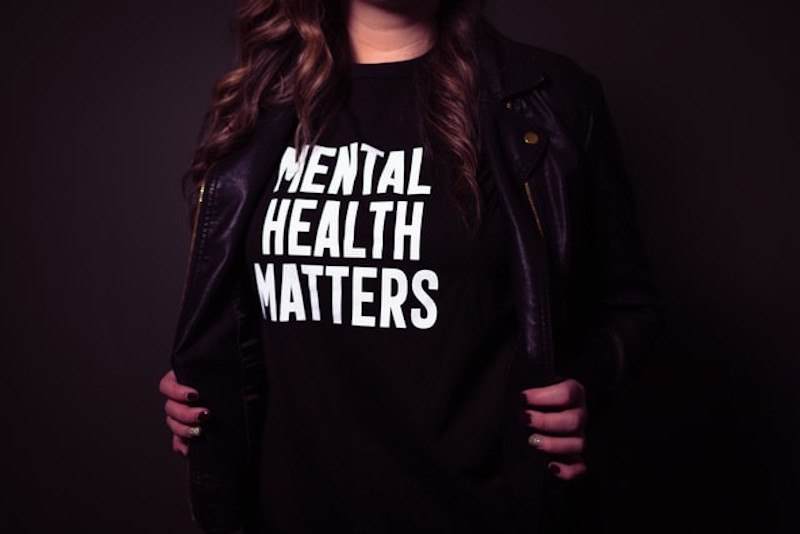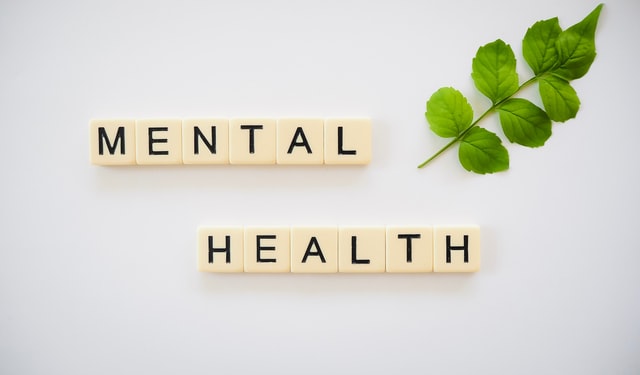

Mental Health for Everyone
The month of May is Mental Health Awareness Month. Learning about mental health and why it is important to take care of breeds promise for a happy, healthy community. Beginning in America in 1949, this outreach program has grown to include over 150 countries. Today, in 2021, its’ purpose of raising awareness and educating the public about mental health is more important now than ever before due to the effects Covid-19 has had on the world.
Even before the pandemic, mental illness was a global public health crisis. One in five people were affected by a mental health condition and many did not seek treatment because they were scared or uninsured. Now, those numbers have grown and, to date, are unable to be calculated. Health authorities just know they are increasing, and mental health is becoming a growing problem.
What, exactly, is mental health?
According to the World Health Organization (WHO), mental health is:
“… a state of well-being in which the individual realizes his or her own abilities, can cope with the normal stresses of life, can work productively and fruitfully, and is able to make a contribution to his or her community.”

May is Mental Health Awareness Month
Many times, suffering with mental health is mild and can be completely overlooked. Sometimes it can be hard to identify a mental disorder especially in oneself, and sometimes it can be accepted as being normal when it should not be. Mental health professionals can formally diagnose and treat disorders when they have a patient, but most people do not understand they need treatment or are afraid of the stigma. This is where raising awareness comes in. It is important to understand what is positive and normal within the realm of mental health and what is not and act accordingly. A life may depend on it.
Mental health affects thoughts, feelings, and actions. Examples of mental disorders include anxiety, depression, eating disorder, personality disorder, post-traumatic stress disorder, and psychotic disorder. Mental health problems affect individuals, their families and loved ones, as well as their communities. Mental illnesses also affects that persons’ income, employment, education, homelessness, community participation, and life expectancy.
It is common for many people to suffer with mental health to one degree or another. Some cases are severe, and others are mild. Either way, mental health can be improved. When someone wants help, but declines seeking it, their struggle may seem real, but it is unnecessary. Speaking with a therapist can help and studies show that people with mental health issues can be treated, get better, and even recover completely.
Receiving care can be costly, though, so recently President Joe Biden’s administration released large amounts of aid for a system of care for the mental health needs of adults and children. With suicide rates unusually high among black youth and LGBTQI+ demographics during Covid, he stated: ”I call upon citizens, government agencies, organizations, healthcare providers, and research institutions to raise mental health awareness and continue helping Americans live longer, healthier lives.”

Mental wellness is within reach–please seek help.
Treatments like counseling and therapy, services, and community support is available more now than ever before and these approaches do work. Living a normal life is within reach. You just need to start the journey to recovery. Seek help. We are here for you.
There is hope.
Related Posts
Wellness Tip of The Month, Frankincense
January 6, 2018
Frankincense We love wellness and always are committed to bringing to you all...
Long Term Sex, for Long Term Love, Tips to add Spark to Sexual Intimacy- Marriage Counseling and Beyond
June 26, 2013
Long term relationships, life time marriages ; Tips To Add Spark To Sexual...

